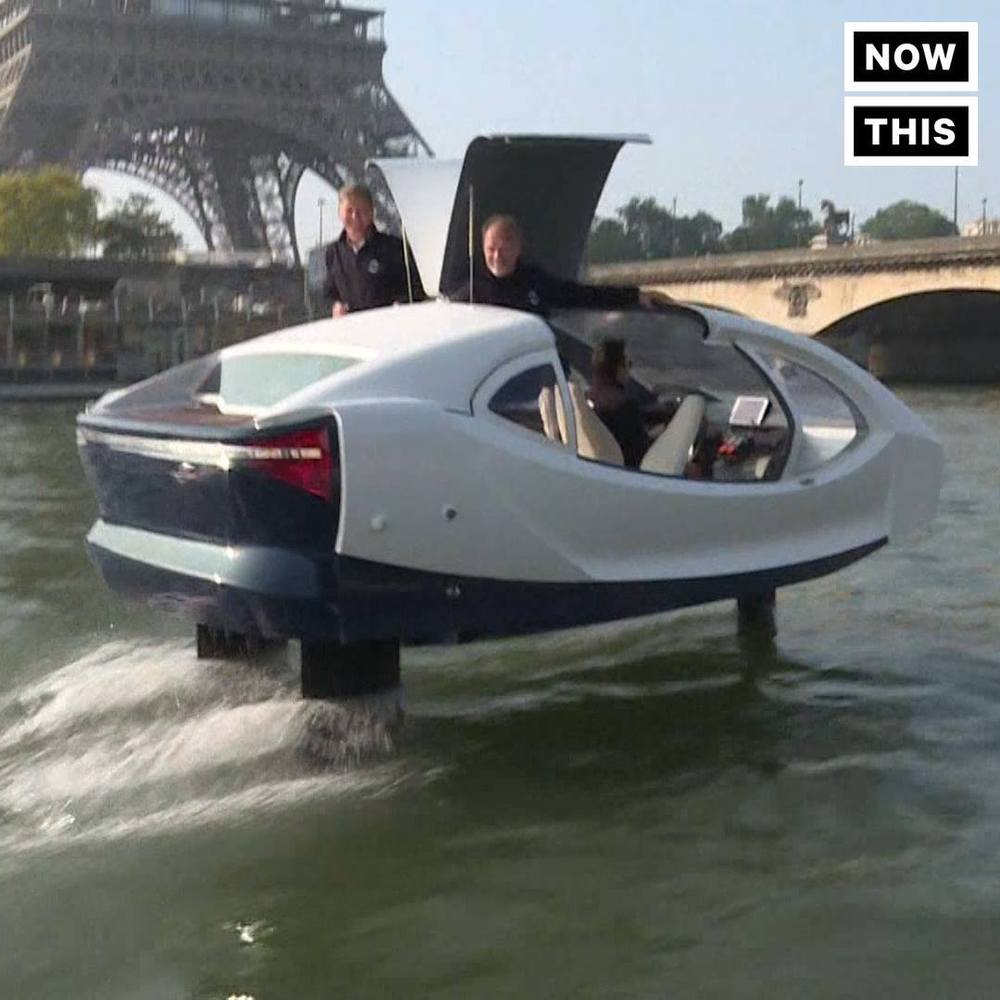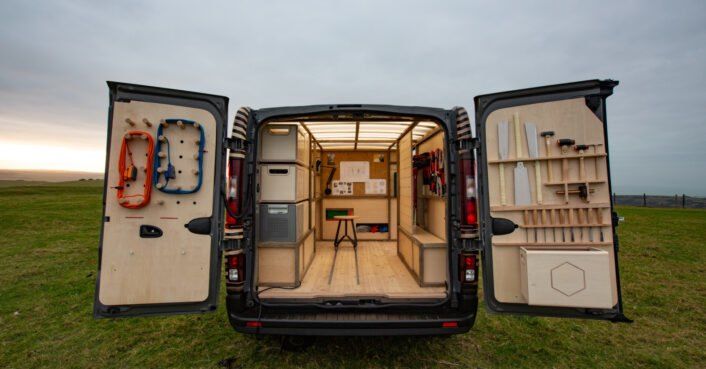Feb 21, 2019
No speed limits: It works for Germany but could it work for California?
Posted by Quinn Sena in category: transportation
VISALIA, Calif. – Forget about the high-speed rail zipping commuters from San Francisco to Los Angeles.
One Southern California politician, state Sen. John Moorlach, has introduced a bill that would do away with speed limits for certain lanes on I-5 and Highway 99 – two vital roadways that stretch across the Golden State.
The measure would require the Department of Transportation to expand the 235-mile stretches from Bakersfield to Stockton on both sides of I-5 and Highway 99 by two lanes.
Continue reading “No speed limits: It works for Germany but could it work for California?” »

















